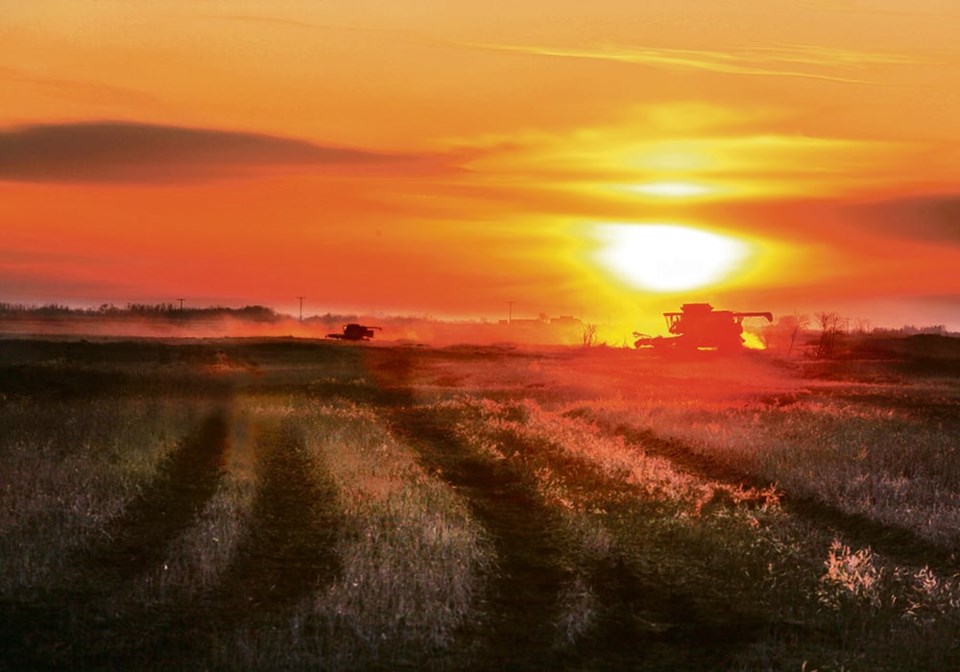WESTERN PRODUCER — Farmers have long been stewing in the frustration that’s beginning to boil across the rest of society.
No matter where Canadians turn, they’re feeling frustrated by the barriers that they have to vault and the walls they need to breach to attain the most basic things.
Housing: there’s a chronic shortage across the country, leaving millions struggling to pay for overpriced apartments, unable to obtain a mortgage for a house, and pushing thousands onto the streets.
Food: families are squeezed and struggling unlike anything seen in decades.
Post-secondary education: it’s easily available, but it can drain a family’s finances and send young people into deep debt for a product of lesser value and diminishing returns.
Beyond the family level, frustration is welling up in businesses and industries across the country. Housing developers, seeing great opportunities in the overwhelming demand, find they can’t get projects approved due to widespread NIMBYism and stifling regulations.
Soaring costs and rising wages are wiping out businesses that managed to limp through the pandemic only to find the inflationary afterlife was a form of hell.
On a much bigger scale, industries and investors are quaking at the thought of the Hell March they’d have to complete for any chance of building a lithium mine, a nickel mine, a minerals processing plant or any sort of new pipeline.
Canada needs housing. It can’t provide it. Canadians need affordable food. They can’t obtain it. Businesses need profitability. They can’t find it.
Industries and investors need to have the confidence that they can invest in things that Canada itself says are critically important — such as mining and processing the materials for the electrical revolution — but they can’t believe in it.
To many outside of agriculture, farmers might seem to be immune to this, able to invest in their own operations and land without these urban and industrial constraints. However, that’s just the general ignorance most of our society now has about farming.
Farmers have been on the front lines of frustration since the 1990s.
The revolution of genetically modified organisms offered farmers the promise of greater yields, tougher crops and a wider range of crop choices. After seeing the explosive gains experienced by canola, corn and soybeans from GM breeding, farmers expected to see the same revolutionary improvements come to not just big-acre wheat, but also to crops such as flax and all the other small-acre and struggling crops.
A more balanced, sustainable and resilient form of farming was within reach.
Then everything fell apart.
Anti-corporate/technology romanticists inspired a global rejection of GM science. Scores of invaluable innovations were abandoned on the laboratory benches across the planet. Trade became snarled as crafty countries exploited GM fears and regulatory tools to strangle imports, something that hit Canadian farmers directly numerous times with a number of crops.
Trade deals such as the Comprehensive Economic and Trade Agreement with the European Union became both a disappointment and an embittering experience after hopes for liberalized trade were dashed by duplicity.
Chemicals have become a confounding issue as harmless trace amounts of almost anything can be quickly ignited into a market-blocking inferno.
With the long lead time between a farmer seeding, managing and harvesting a crop and that crop’s consumption, it’s impossible to predict what input might next be targeted.
Young farmers want to buy land but find there isn’t any available or that obtaining it would only come at prices that don’t offer any reasonable likelihood of return on investment.
Farmers can’t be confident that they will be able to find workers today or in the future, so all sorts of farm opportunities have become frustratingly beyond reach.
Farmers have stewed in frustration for years. Much of the rest of Canadian society is now feeling that way.
“This country has forgotten how to go about economic development,” says historian and public policy analyst .
This country now seems to have forgotten and needs to re-learn how to become a place of opportunity. For farmers, the problems in the city with housing, affordability and small business viability might seem distant, while the challenges facing natural resource developers such as mining companies might seem irrelevant, but in the end, everybody’s stewing in the same pot of frustration.
Farmers are veterans with this, but perhaps now that others are feeling the heat, it’ll become possible to turn around this culture of stagnation Canada has fallen into. Farmers were first to feel the frustrations, perhaps they can lead the nation out of its plight.




